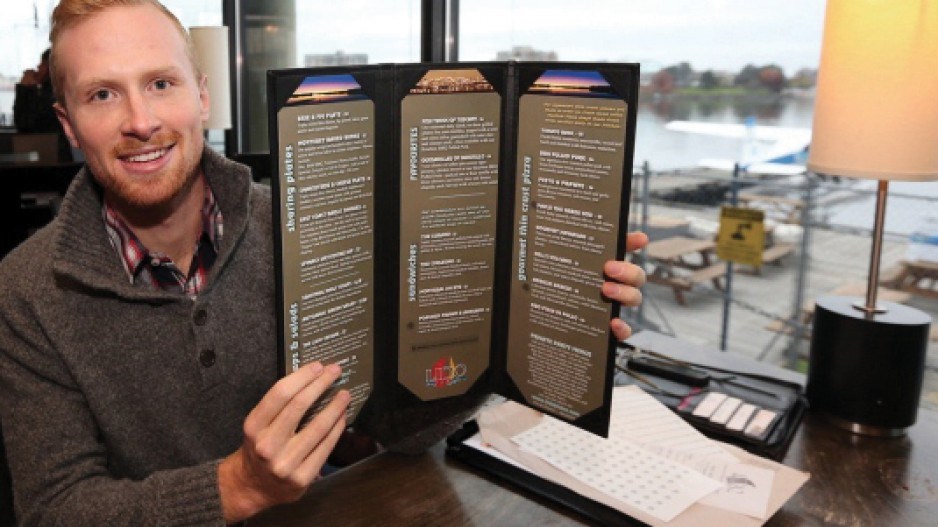Business in Vancouver's “How I Did It” feature asks business leaders to explain in their own words how they achieved a business goal in the face of significant entrepreneurial challenges. In this week's issue, Derek Juno, co-founder of Mealshare, talks about the challenge of starting a non-profit organization that aims to end hunger both locally and internationally by partnering with restaurants with the “buy one, give one” model.
“In 2012 I was in Cambodia teaching English in this small village just outside of Siem Reap. I found it really hard to see the amount of poverty that was surrounding every single person. I really wanted to do something and wanted to give back.
“One of my friends, Andrew Hall, who I went to University of Victoria with, called me two weeks [later] and pitched me the idea of Mealshare. It's a simple premise: it's one for one, buy a meal, give a meal. It's simple yet impactful. I was sold right away.
“I thought, ‘How could we jump into a situation where we could make this possible?' The broker model seemed to be the best way. Mealshare would be the connection between restaurants and charities to make the relationship work.
“Every time a Mealshare meal is purchased, $1 is given to our organization. Then we're able to give that to our partner charities, both local and international. How we stay in business is we take $0.30 of each dollar. Hopefully at the end of the year, Mealshare will be giving 100% of the dollar and getting corporate sponsorships.
“I started approaching restaurants, fine-tuning the whole concept and writing policy for how we're going to make the relationship work, be long-term and successful.
“The plan was to show some higher-end restaurants that the model works. Mealshare has been able to capitalize on the brand and reputation of some big-name restaurants, partner with them, and then been able to use them as a baseline. As soon as we drop their names, other restaurants are more open to listening.
“One part of the business model that people can really connect with is the tangibility: ‘I know that by ordering this now, I'm giving a meal to someone in need.'
“Consumers are getting more and more curious and want as much information about organizations that they're working with, especially not-for-profits. We try to be as transparent as possible. Mealshare does this by giving out Giving Certificates to all of our restaurant partners every quarter [that] are signed off by our charities. So restaurants know that Mealshare donated this many meals on their behalf and know that we are being completely truthful with our contract.
“Transparency is absolutely massive, so we're trying to make sure that customers have that ability to check us out and make sure that we're doing our due diligence.
“If Mealshare can alleviate the financial pressure for these local charities by providing food costs for them, they can now take their funds somewhere else and really focus on other initiatives like counselling, job training and housing.” •




